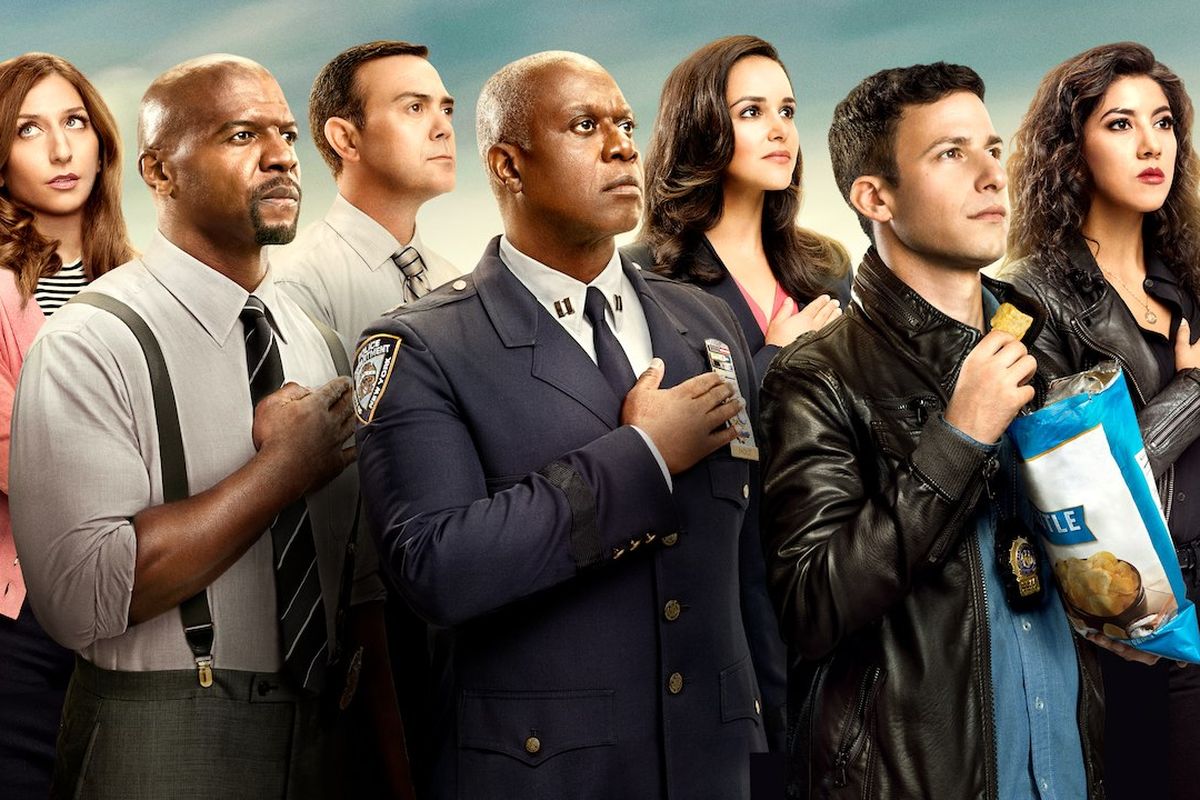Diversity and religion on TV
In the last couple of decades, there’s been a positive increase in the degree of diversity seen on screen, whether it’s in British classics like Doctor Who or American hits like Brooklyn Nine-Nine. Now, more than ever, ethnic, gender and sexual minorities are finding a voice on the small screen, where they had previously struggled to move beyond stereotypes. This doesn’t mean such stereotypes and prejudices don’t endure, but if you look back at most TV shows from longer ago, you are significantly more likely to find shows dominated by straight, white men, perhaps with a couple of women and the occasional non-white character in the supporting cast.
Yet, in this article, I want to talk about the depiction of religious characters on screen, since I believe that, to an extent, these are becoming a minority that is experiencing a case of stereotyping and conspicuous absence that many other groups have experienced in the past. Certainly, religion is not absent from TV altogether, and some might even want to claim that its side-lining is only an accurate representation of modern Western society, yet I would beg to differ that depictions of religion are anything but representative.
A religious character would add further variety to [Brooklyn Nine-Nine]’s diverse cast
The first example I would like to draw from is Brooklyn Nine-Nine, simply because it is so celebrated for its diversity. Indeed, I love this show a lot and think it does an amazing job accommodating for its diverse characters with varied and thoroughly entertaining storylines. But it is precisely for this reason that the absence of religion in the show stands out all the more. None of the main cast hold religious views (or certainly not traditional ones, for anyone who wants to claim that Gina does), despite the fact that the US is still a highly religious country. Yet, a religious character would add further variety to the show’s diverse cast, providing a contrast to the unanimously sexually active characters and a worldview that is not otherwise depicted in the show.
The USA, however, does have a rather different religious landscape to our own country, which is perhaps why I feel even better justified to look at religion in British TV. In particular, I was drawn to consider its depiction when watching Fresh Meat, a show about British university life and thus about a context on which I am certainly qualified to comment. One of the things I really liked about the show was the mis-match of personalities and backgrounds of the main cast, since it felt like such an accurate depiction of university. However, once again, there was a lack of any voice for a religious character.
We are regularly being shown an atheist’s stereotyped idea of religious believers
Perhaps this wouldn’t have been so bad, if it weren’t for the dreadfully stereotyped depictions of religion that did exist on the couple of occasions when ‘the Christian Union’ was mentioned. In the first, Kingsley is seduced by a girl who takes him home as if to have sex, only to then attempt to convert him to Christianity, while in the second Oregon advises Candice to avoid the Christian Union on the basis that they’re a cult. Considering these are the only mentions of religion across all four series’, I can’t help but feel they are coloured by one person’s negative view of Christianity, since it is far from representative of the fact that religious people on campus can be and generally are normal people as much as anyone.
And these are not isolated examples. In the recent past, we’ve had two separate articles about the dubious depiction of Muslims on TV (in Next of Kin and in Bodyguard), and I also wrote last year about the shallow dig at religion that was seen in Humans. The root of the issue in most of these examples is clear to see: we are regularly being shown an atheist’s stereotyped idea of religious believers, rather than hearing what it really means to be religious. And this is something that we’ve seen before: whether it’s a white man’s idea of a black man, a straight man’s idea of a gay man or a man’s idea of a woman.

Comments